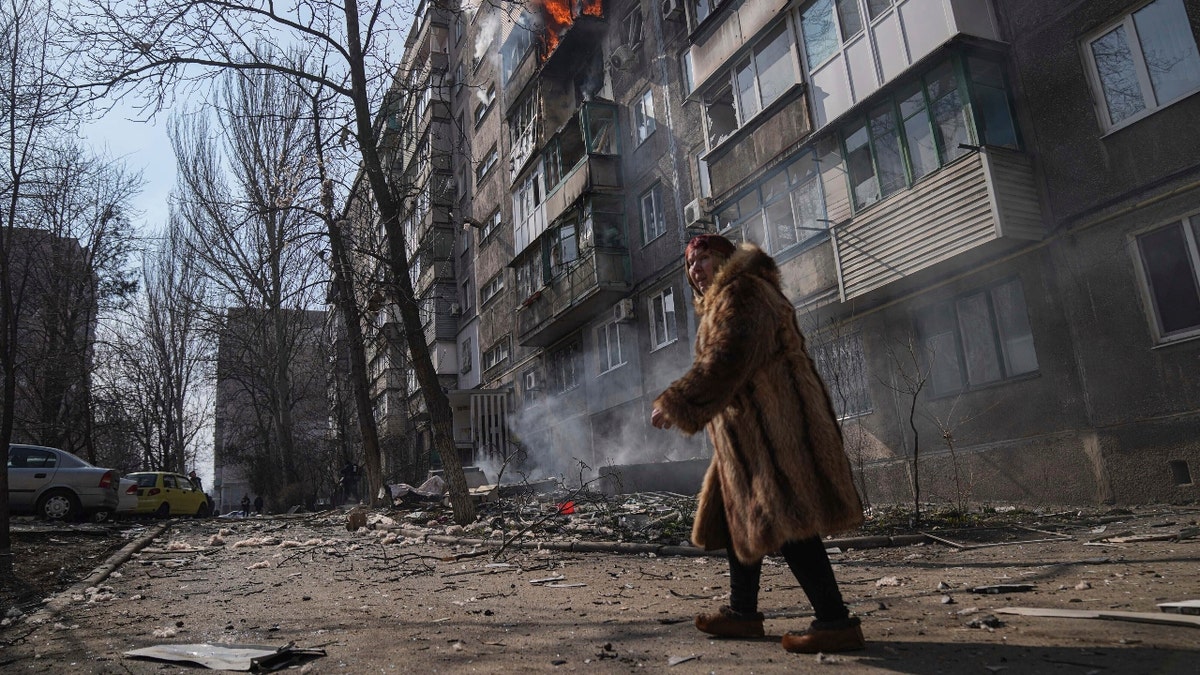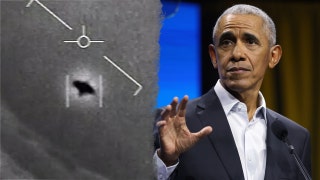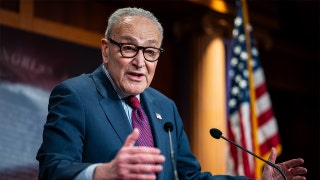How the US can do more to help Ukraine
Chuck DeVore, a retired lieutenant colonel in the Army Reserve, tells 'The Ben Domenech Podcast' what the United States can do to help Ukraine defend itself against Russia beyond a no-fly zone.
Chuck DeVore, a retired lieutenant colonel in the Army Reserve, tells 'The Ben Domenech Podcast' what the United States can do to help Ukraine defend itself against Russia beyond a no-fly zone.
CHUCK DEVORE: Ukraine isn't a small place. Excluding Crimea, it's just a little smaller than Texas. It's got about 46 million people. It's got 7 million people who are fit for military service. They are daily rallying to the flag and being issued automatic weapons. So it's going to be very, very difficult for Russia to achieve its political objective, which was to change the regime in Kyiv and put in a friendly puppet government. And so because of that, then what we're likely going to see is continued destruction of Ukraine's cities and continued increased Western demands for action from certainly from the population of most Western democracies.

A woman walks past a burning apartment building after shelling in Mariupol, Ukraine, Sunday, March 13, 2022. (AP Photo/Evgeniy Maloletka) (AP Photo/Evgeniy Maloletka)
Russia is certainly going to try to shut down some of the images coming out of the country, but they've already shown that they're, you know, electronic warfare and communications warfare techniques don't appear to be up to the task. Certainly, the images continue to get out.
RUSSIA ANNOUNCES SANCTIONS AGAINST BIDEN AND TOP US OFFICIALS
And so I think that what we ought to consider doing is a series of things. We certainly need to continue to supply the Ukrainians with the sort of anti-tank and anti-aircraft – shoulder-fired missiles that have been pouring into the country. I think we can go even further, though. We ought to offer training to Ukrainians outside of Ukraine. This was done, for example, in 1973 with the U.S. and Israel to improve Israel's level of training for some of the equipment that we were sending them. We ought to also allow, for example, the creation of a volunteer air force, something similar to what you saw in China, operating against the Japanese with the Flying Tigers in 1930, 1940, as well as the volunteer air force that fought the Bolsheviks on behalf of Poland in 1920.
Now Russia is going to complain, of course, but they're not likely to do anything because this is well within the norms of Cold War behavior. In other words, Russian pilots were known to have attacked American bombers during the Korean conflict in the 1950s. You had Russian air defense radar operators in North Vietnam during the Vietnam conflict, many of whom were responsible for downing American aircraft. And again, there was no war, no war between the Soviet Union and America because it wasn't direct. It wasn't, you know, someone in an American uniform attacking Russians on Russian soil.
And these are things, by the way, that have been recommended by this group that I'm working with called the Ukraine Working Group. It's a group mostly of academics in England and in North America, other European countries, that are trying to develop ideas as to how we can help Ukraine defend its independence, its sovereignty. Other ideas are, for example, being able to repair vehicles in places other than Ukraine – towing, for example, battle-damaged equipment across the border, getting [them] back into serviceable condition, and shipping it back into Ukraine.
CLICK HERE TO GET THE FOX NEWS APP
There are all kinds of things that can be done, short of what would be tantamount to a formal declaration of war against Russia, which we don't want. They have some 6,000 nuclear weapons. And you know, let's not give reason for any of those to be used.
CLICK BELOW TO LISTEN TO THE FULL EPISODE OF "THE BEN DOMENECH PODCAST":
Episodes of "The Ben Domenech Podcast" are available now and can be downloaded at foxnewspodcasts.com.











































